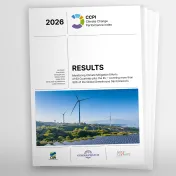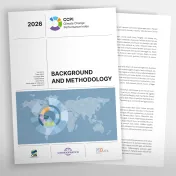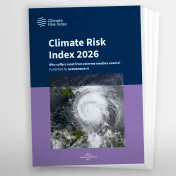
Germany’s G7 presidency is coming to an end, and the next Leader’s Summit in Hiroshima on May 19-21 is approaching fast. This means that there is little time left for the G7 to make tangible progress on the climate and energy agenda.
Russia’s war against Ukraine is still ongoing and is likely to affect the G7 agenda in 2023. Moreover, the food and debt crises are increasingly pressing issues for many countries in the Global South, making them central topics to be addressed. And while the G7 in 2022 cooperated intensively, relations between the G7 in 2023 will be put to the test given the US Inflation Reduction Act (IRA). The massive subsidies created by the IRA are causing tensions between the USA and the EU. At the same time, the EU’s Carbon Border Adjustment Mechanism is the root of discontent for many other countries. Thus, how the G7 will resolve its internal conflicts but also its positioning towards China, which both the USA and EU want to diversify away from, will become priority issues for next year’s presidency that will also influence the climate agenda.
In our policy brief, we outline the key issues for the G7's climate and energy agenda in Hiroshima and make recommendations on how Japan can advance the agenda in 2023 with regard to the following topics:
- Climate targets and overall ambition
- Phase out coal and decarbonisation of the power sector
- Fossil fuel subsidies
- International finance of fossil fuels
- Climate finance
- Reform of the international financial architecture
- Just Energy Transition Partnerships (JETPs)
- Climate Club, industrial decarbonisation, and green hydrogen
- Loss and damage finance





